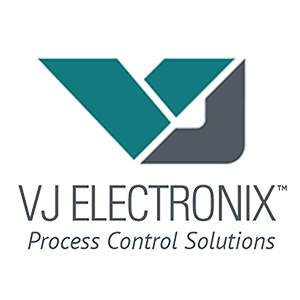 Stainless steel machine screws are a popular fastener choice for assembling a wide range of machines and other assemblies where nut-and-bolt combinations cannot or should not be used for functional or aesthetic reasons. Also known as stove bolts, machine screws are fairly different from regular screws. These bolts are typically narrower and smaller than ordinary screws and are generally available in two variations: coarse (24 threads per inch) and fine (32 threads per inch).
Stainless steel machine screws are a popular fastener choice for assembling a wide range of machines and other assemblies where nut-and-bolt combinations cannot or should not be used for functional or aesthetic reasons. Also known as stove bolts, machine screws are fairly different from regular screws. These bolts are typically narrower and smaller than ordinary screws and are generally available in two variations: coarse (24 threads per inch) and fine (32 threads per inch).
Stainless steel machine screws offer several advantages:
- Secure machinery and equipment components without the need for nuts or washers
- Provide a secure attachment with greater strength due to the amount of contact area with the fastened piece
- Highly corrosion resistant for longer life sand greater reliability
Stainless steel machine screws usually have narrow diameters and threads from the top to the tip for insertion into pre-threaded holes. Like other types of screws, machine screws come in a wide range of head types and head shapes as well as a variety of materials, including stainless steel, carbon steel, zinc-coated steel and nylon.
Stainless steel is known for its extra resistance to corrosion and its ability to withstand high temperatures. Regular carbon steel rusts when it’s exposed to moisture, but stainless steel does not. To create rust resistance, ordinary steel is mixed with other elements, particularly chromium. Steel containing more than 10 percent chromium is categorized as stainless steel. Instead of rusting, the chromium in stainless steel oxidizes and forms a nearly invisible, protective layer on the steel when it’s exposed to moisture. The most basic type of stainless steel is a mixture of iron and chromium with a crystal structure of ferrite, which is why it’s called ferritic stainless steel. These corrosion-resistant fasteners are ideally-suited for many types of harsh-environment commercial and military applications.
Most stainless steel machine screws are made of 18/8 stainless steel, otherwise known as type 304. It has nickel added to it — as do most types of stainless steel — in part to create an austenite crystal structure instead of ferrite. Austenitic stainless steel is considered to be both ductile and strong – as a bonus, it’s easy to shape. That’s why type 304 is the most commonly used stainless steel. Since 18/8 stainless steel is annealed, it isn’t magnetic — and therefore neither are stainless steel machine screws. A lower-carbon version of type 304 stainless steel (called 304L) is used in particularly corrosive environments.
To learn more about stainless steel machine screws and which ones might be right for your specific application, contact the stainless steel fastener specialists here at Electronic Fasteners.

